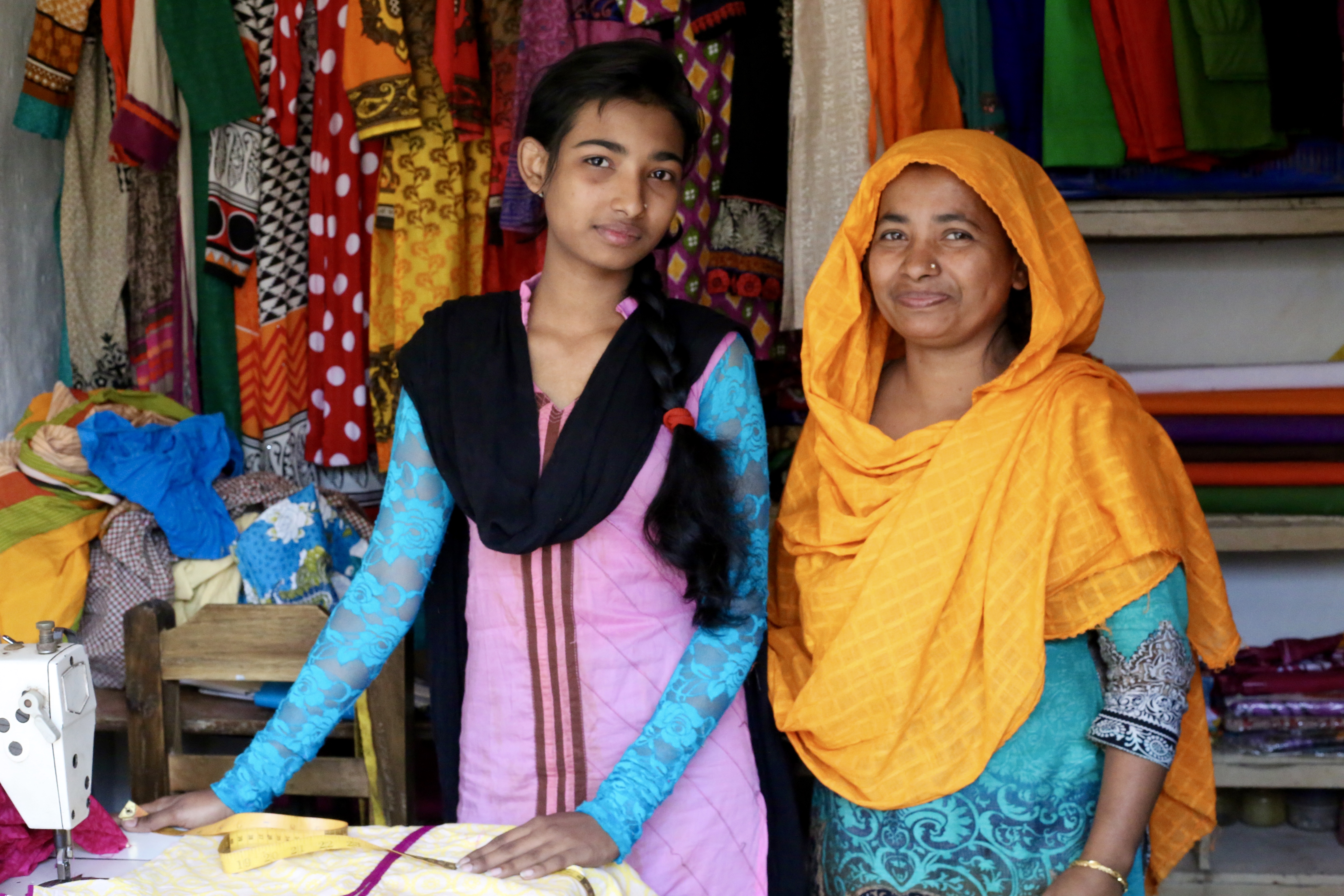The UK Ministry of Justice has released interim results for the Peterborough Prison Social Impact Bond: reconviction of former prisoners in the pilot has been reduced by 6% over two years, compared to a national increase of 16% over the same period. Although it is too soon to draw conclusions about the success of the Peterborough SIB, these early numbers suggest that programmes to reduce recidivism are being managed well and are addressing the needs of Peterborough ex-prisoners. The innovation of the Social Impact Bond is not just that it is a new financing instrument but that this has created space for a new business model for delivering complex social services. It is this possibility of opening up new ways to manage service delivery that led us to consider whether a similar approach could also be important for development.
The Peterborough SIB was launched in 2010 with the aim of reducing recidivism among short sentence prisoners released from Peterborough prison. Private investors are funding the costs of individually targeted social programs designed to prevent reoffending. If, and only if, these interventions lead to measurable reductions in reoffending rates, investors will receive payments from the Ministry of Justice, which are higher if more progress is achieved.
The early evidence is promising but it’s worth noting that we don’t know yet whether investors will be receiving any payments. Social Finance, the engineers of the Peterborough SIB (and CGD’s partners on Development Impact Bonds), explain that the Peterborough SIB will measure reconvictions for cohorts of Peterborough prisoners over twelve months and compare them to a control group. The preliminary figures which the UK Ministry of Justice has released look at reoffending rates for 6 months following release from prison, and the comparison is between former Peterborough prisoners and the overall national statistics. It won’t be until 2014 that we have the first round of data that would actually trigger payments to investors.
The SIB allows prisoners at Peterborough to get help while they’re in prison and after they are released that they wouldn’t receive to the same extent without the Social Impact Bond. This help includes medical services, support to families, employment and training, and financial advice - all tailored to individual needs. The SIB business model is different from traditional government contracts: it is more flexible, data driven, and responsive; and it brings together services from different providers in the public, private and non-profit sectors to target the needs of individual clients. It is this new business model which seems to be producing better results; the point of the financial innovation is to enable this business model to be put in place, outside the inevitable limitations of government budgeting, contracting and performance management.
This approach to service delivery holds just as much promise in development where it could be used to improve the efficiency and effectiveness services financed by aid and could forge the kind of partnerships between governments, civil society, and the private sector that would leverage what each has to offer in improving development outcomes.
CGD in Europe has been working with Social Finance and the DIB Working Group to figure out how Development Impact Bonds could be used to solve complex problems, which require not just new sources of funding but new ways to monitor the needs of communities and individuals, to build in space to adapt to changing circumstances on the ground, and to orient services around evidence of what’s working. This is a challenge for conventional government financing (whether that’s coming from aid or the budgets of developing country governments) that new structures and partnerships might help to address.
The early evidence shows from Peterborough suggests that SIBs can offer a way to manage complex public service delivery in UK, and we are keen to see whether the idea has potential in development as well. The DIB Working Group consultation draft report outlines the possible challenges and benefits of applying this model in developing countries. Do you agree that Development Impact Bonds could be a better business model for development? The consultation period runs until July 17 - please share your comments!
CGD blog posts reflect the views of the authors, drawing on prior research and experience in their areas of expertise.
CGD is a nonpartisan, independent organization and does not take institutional positions.




